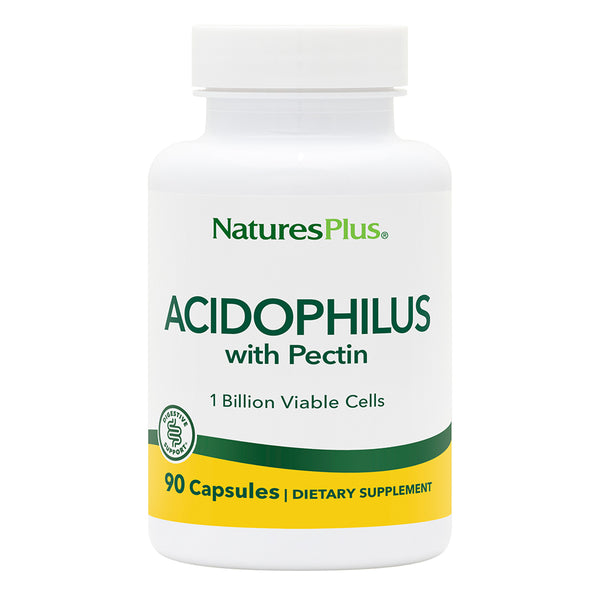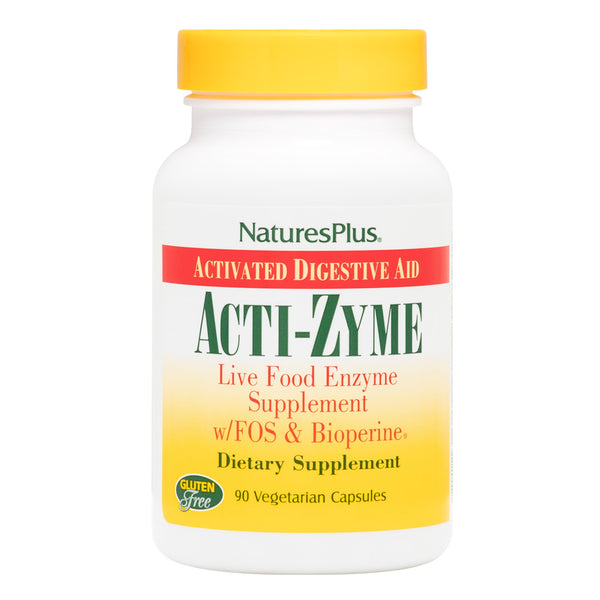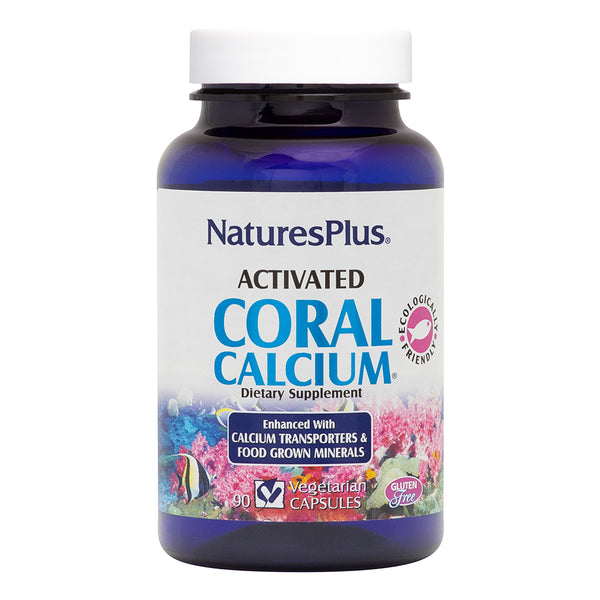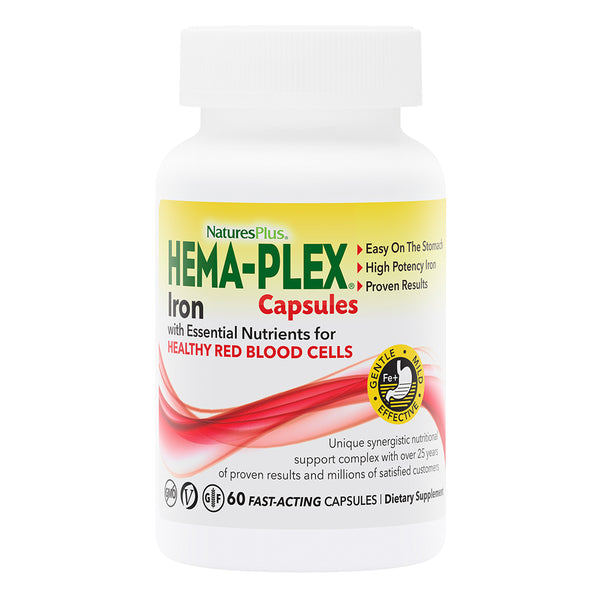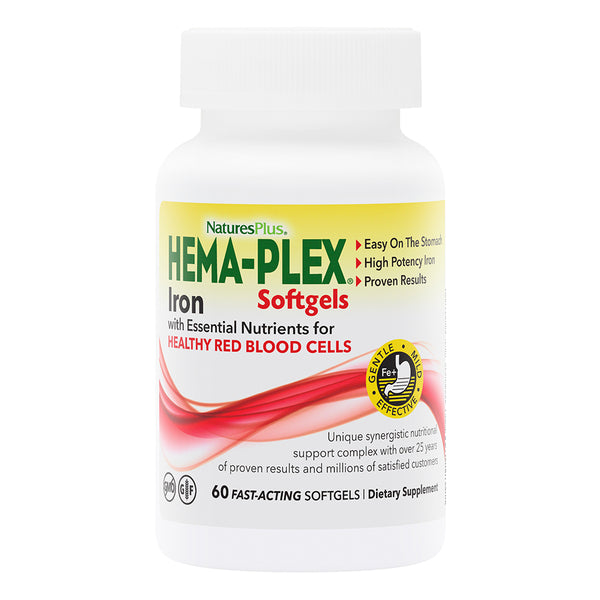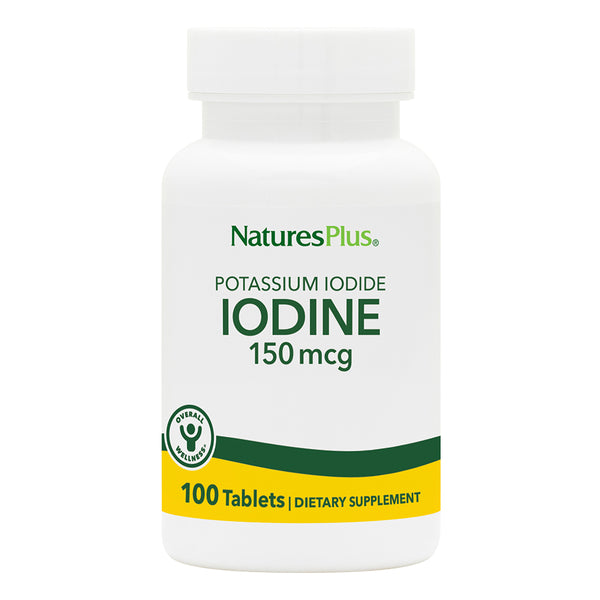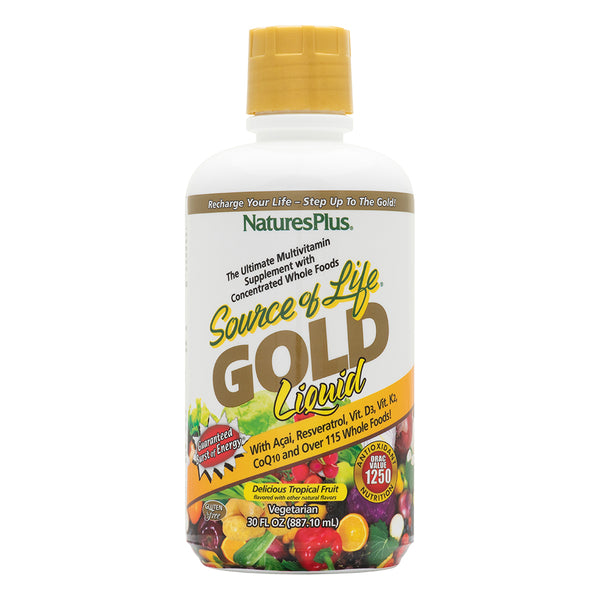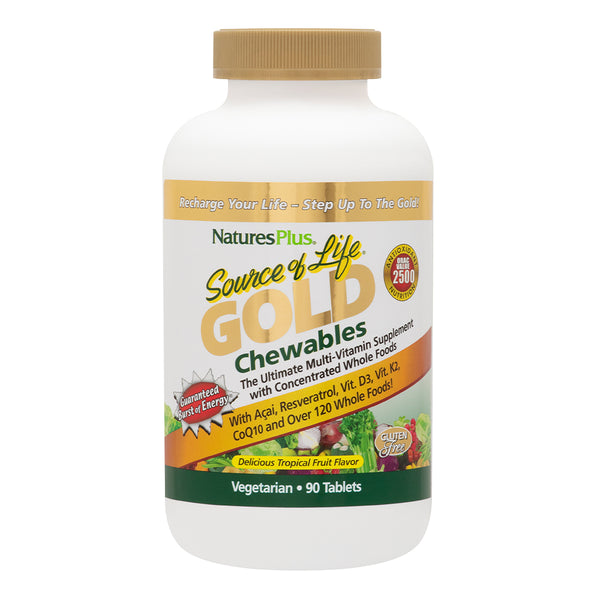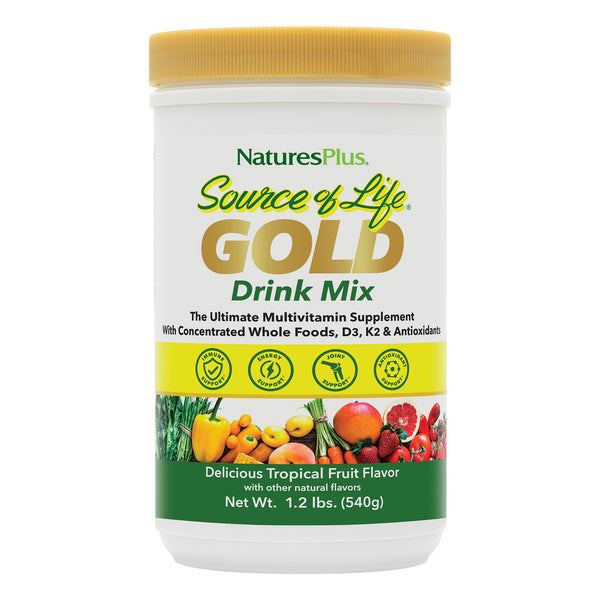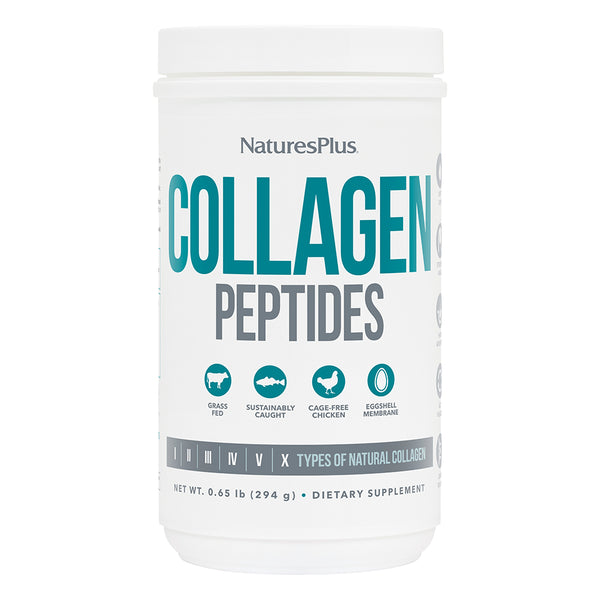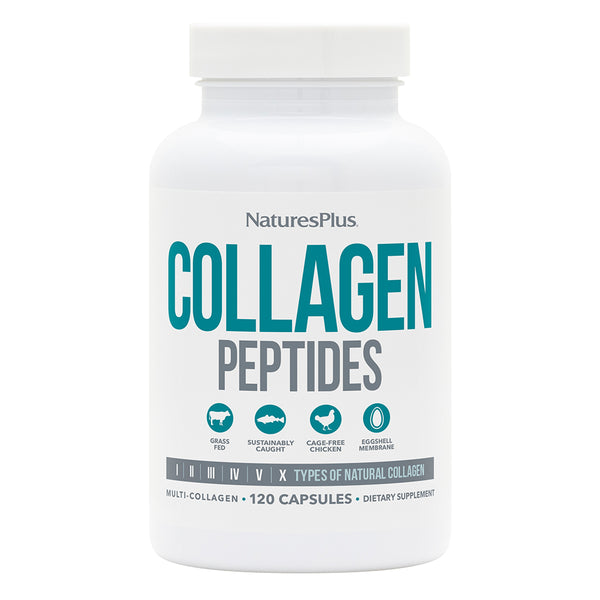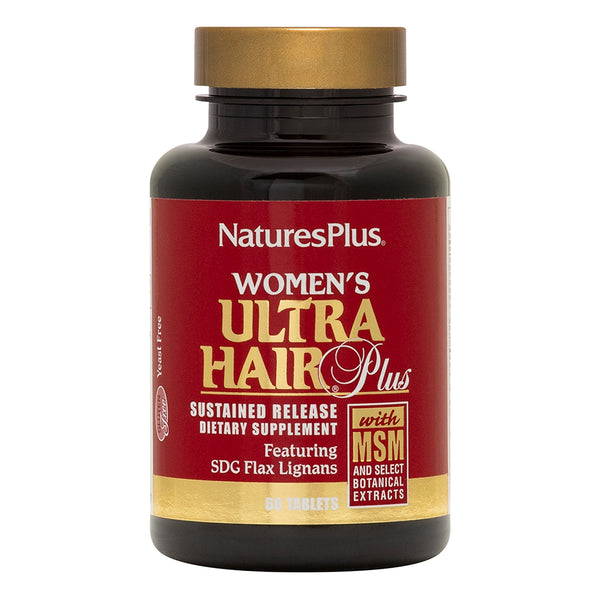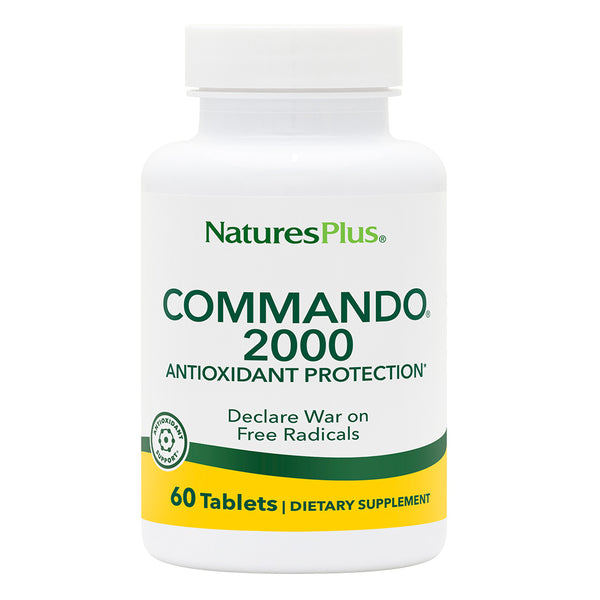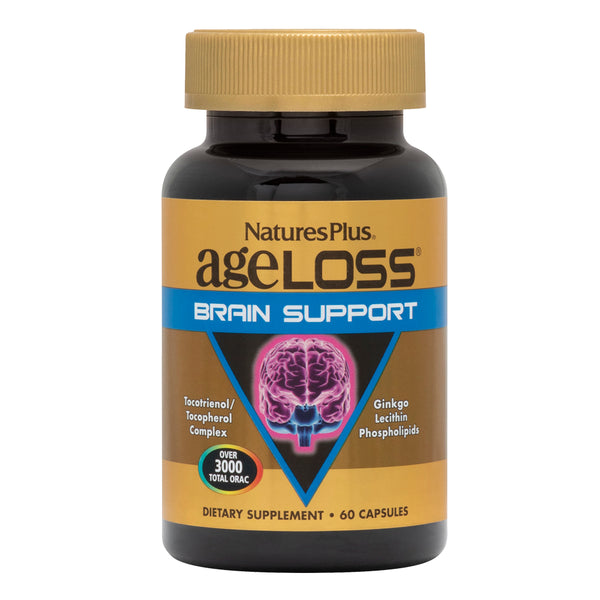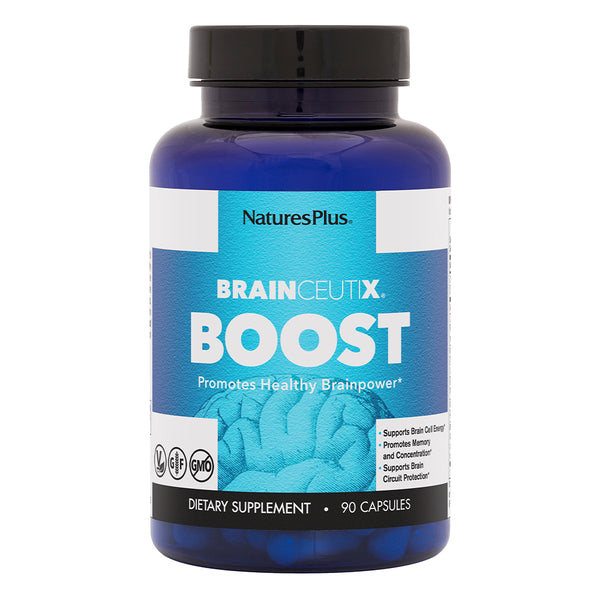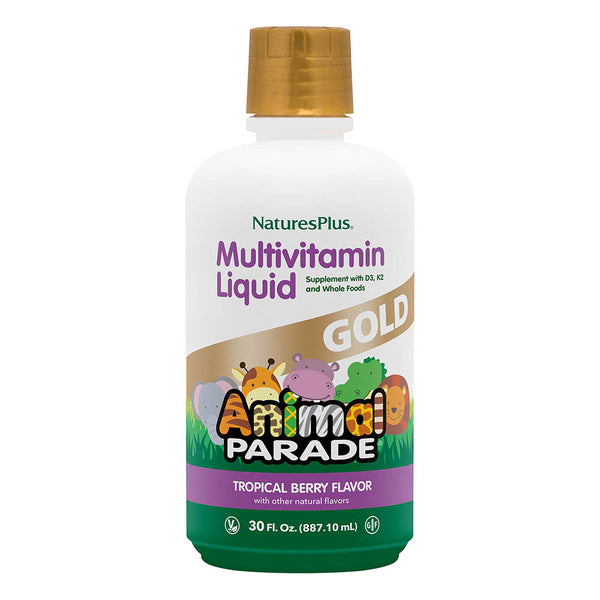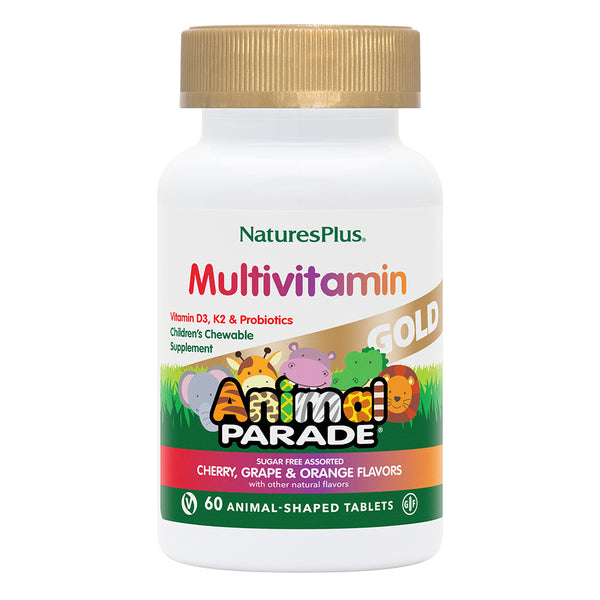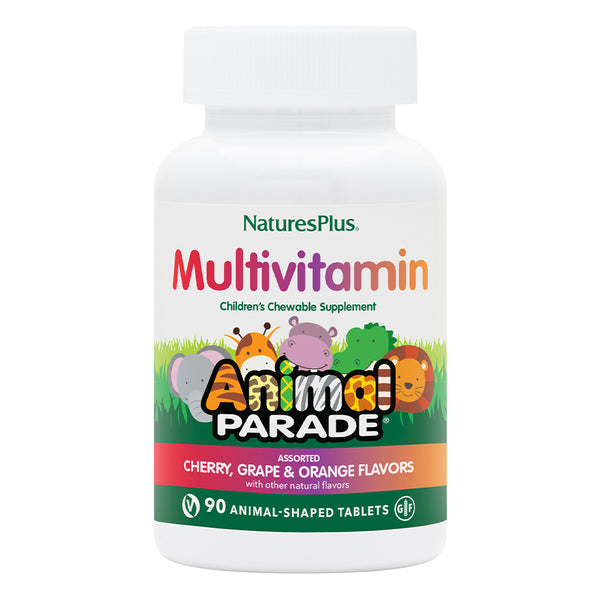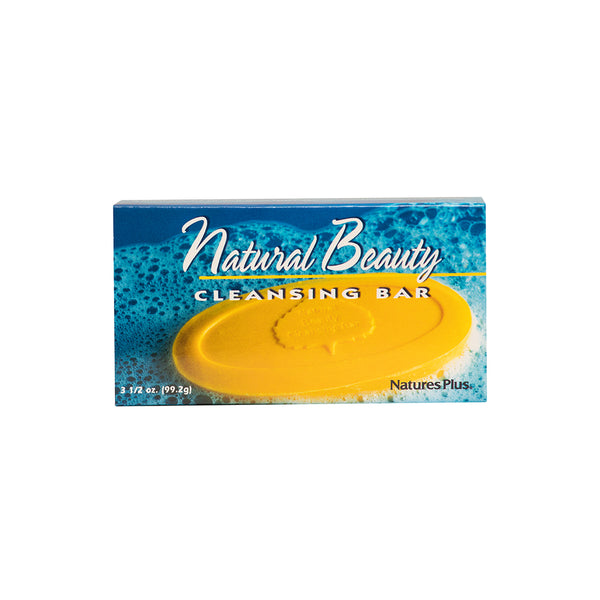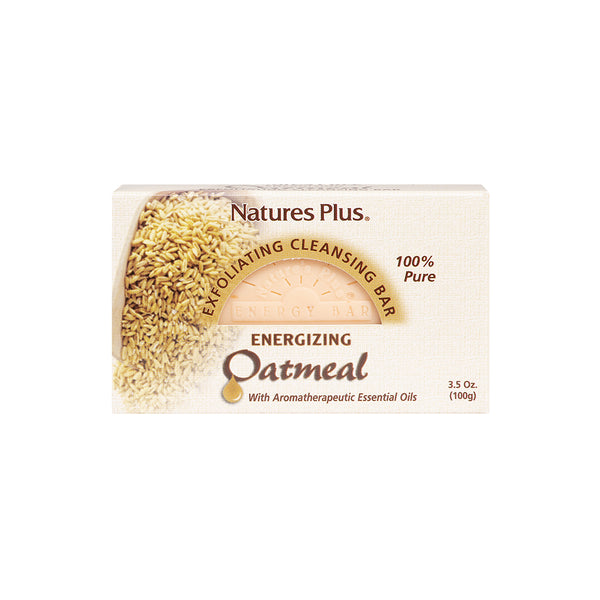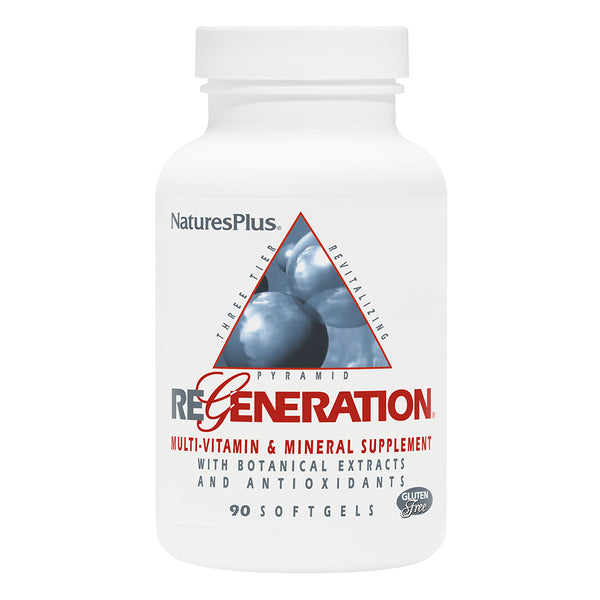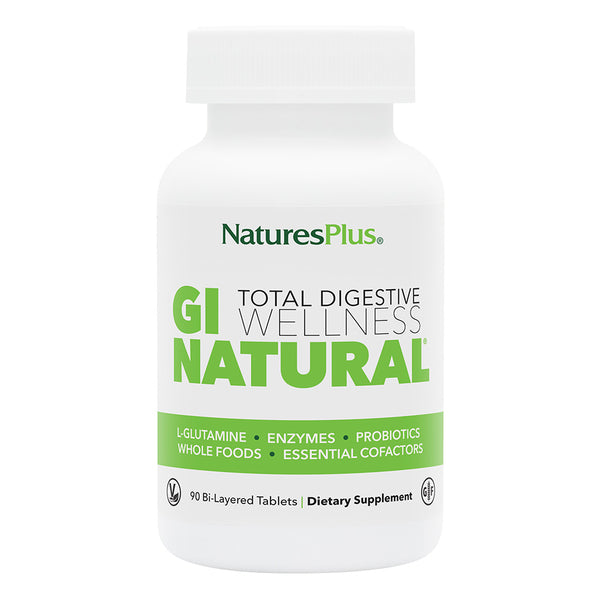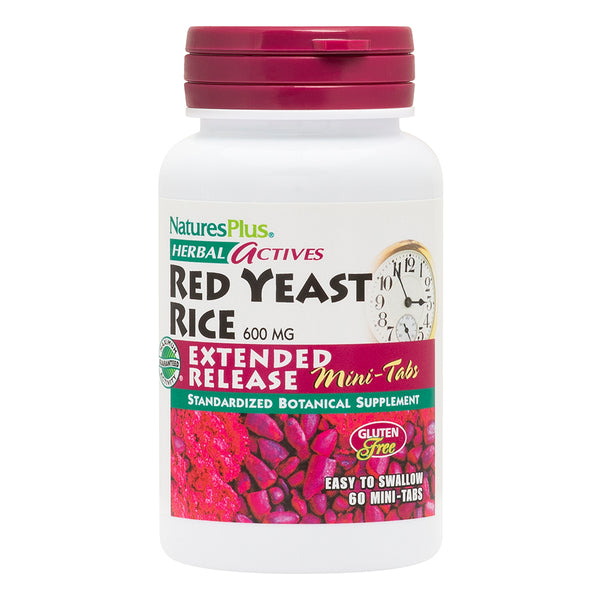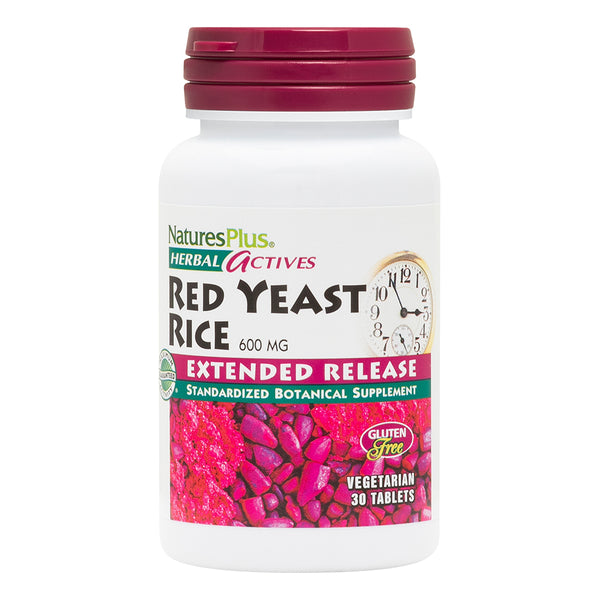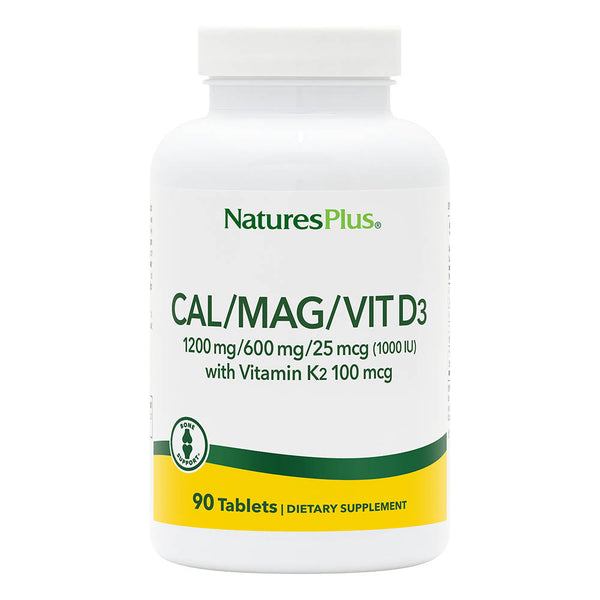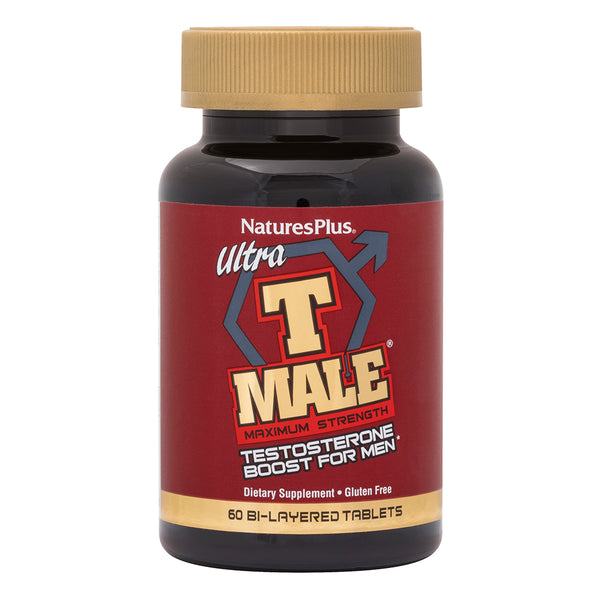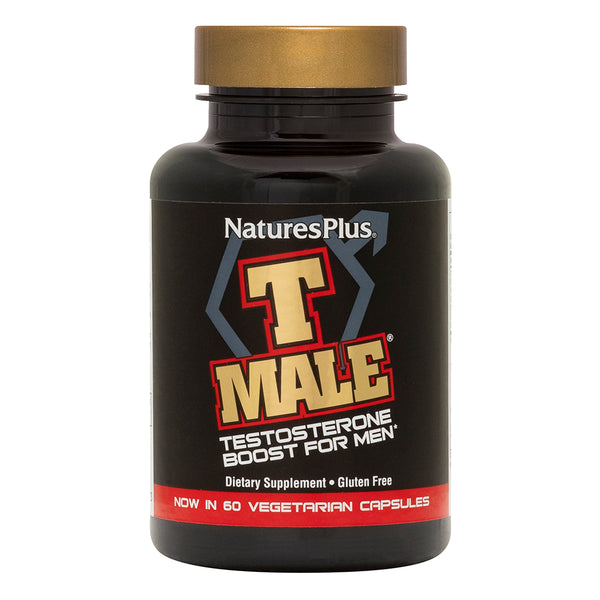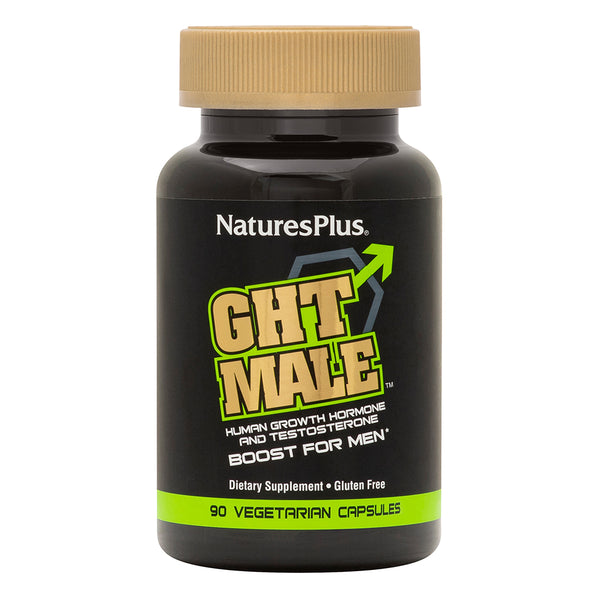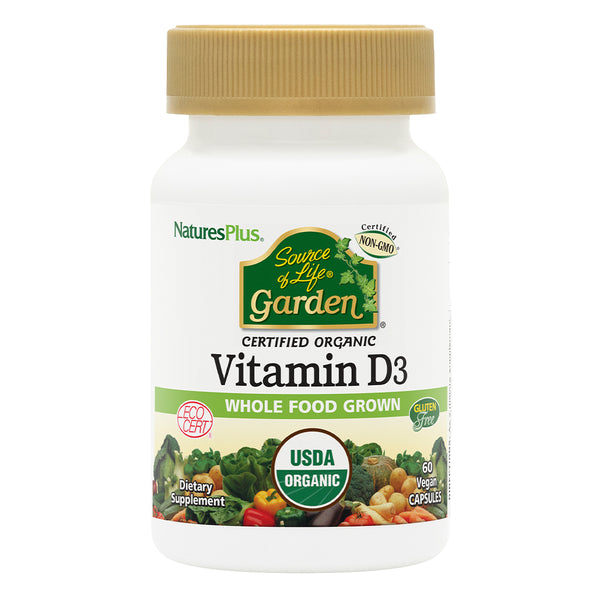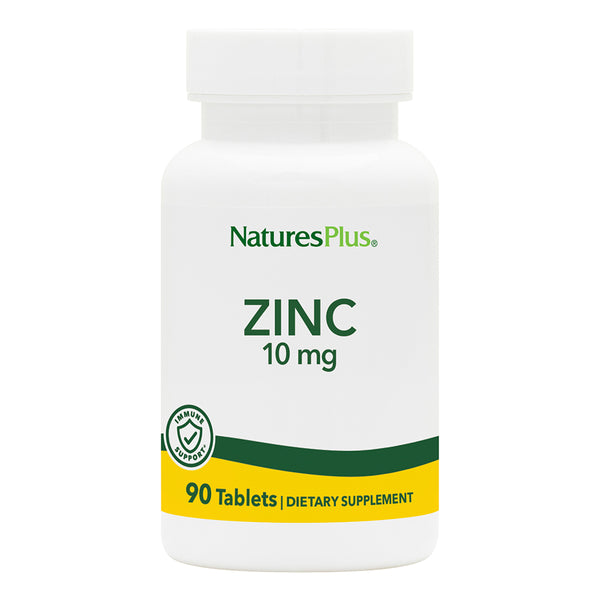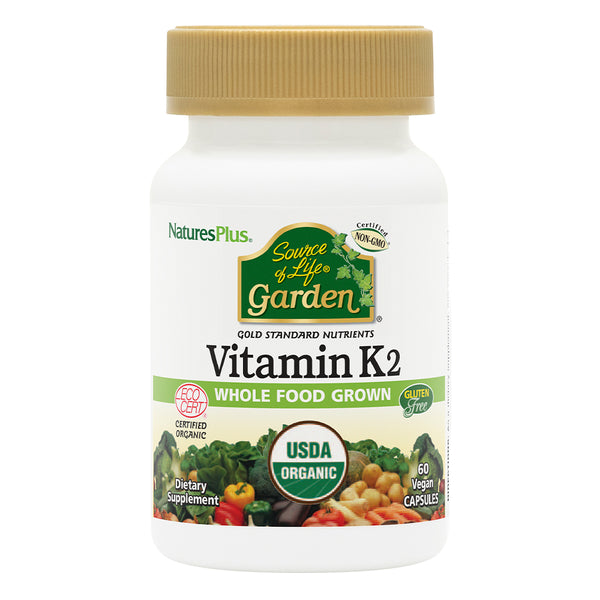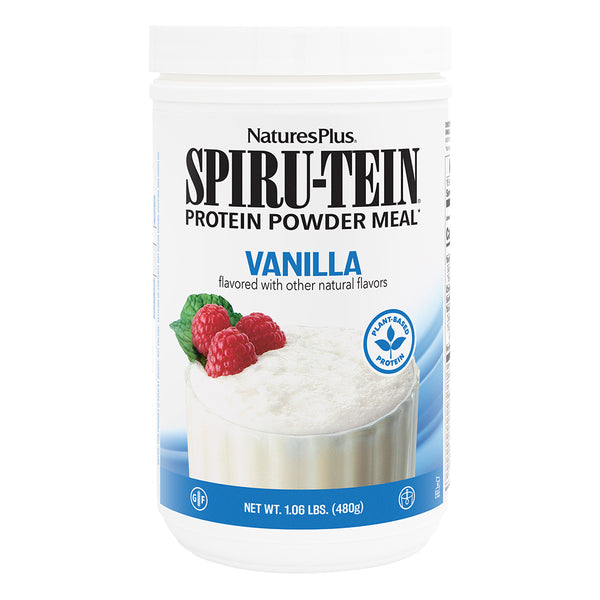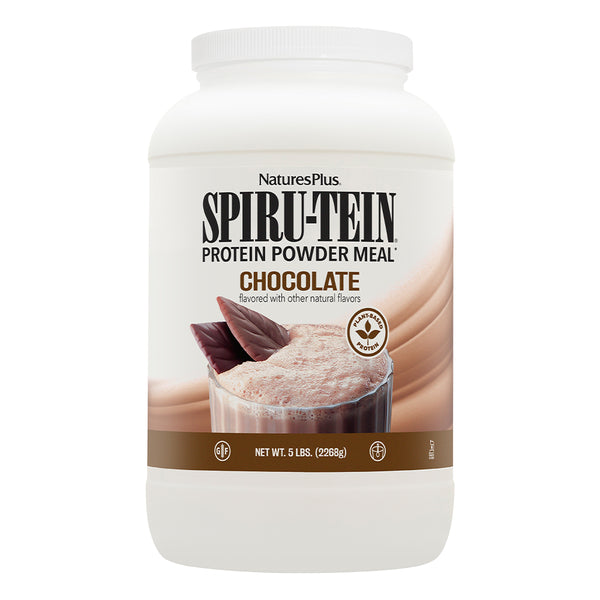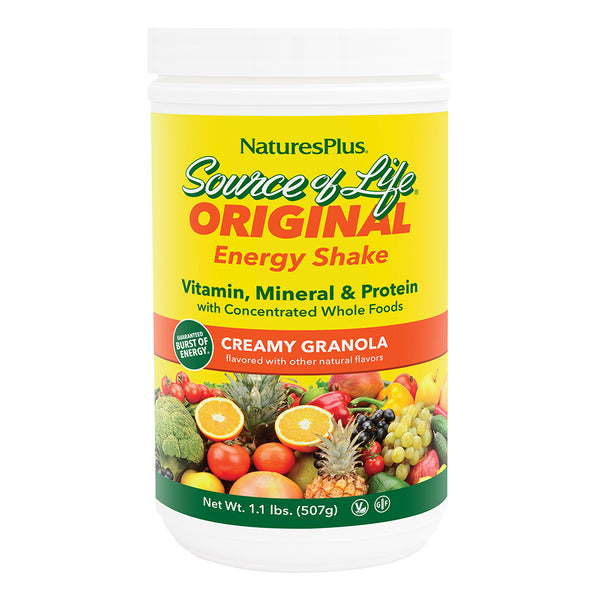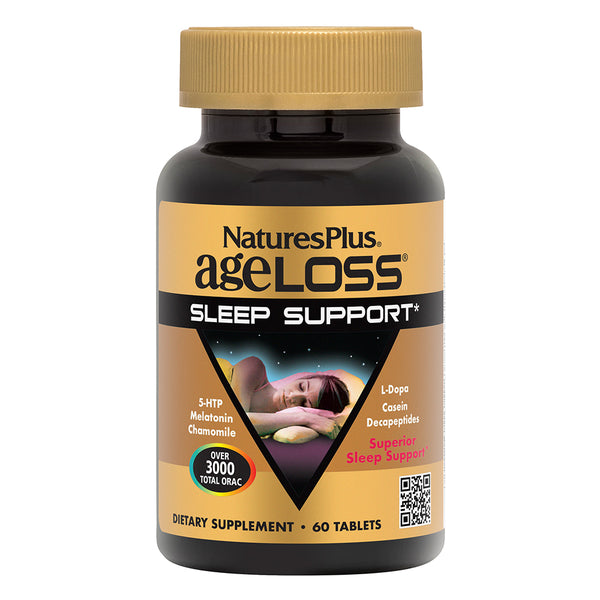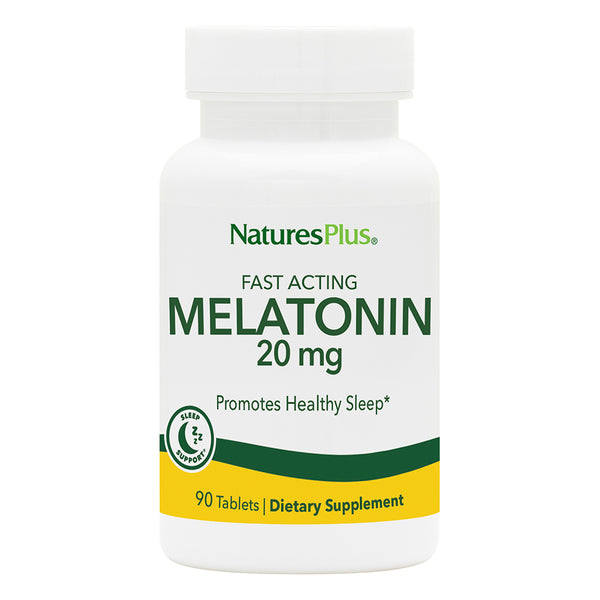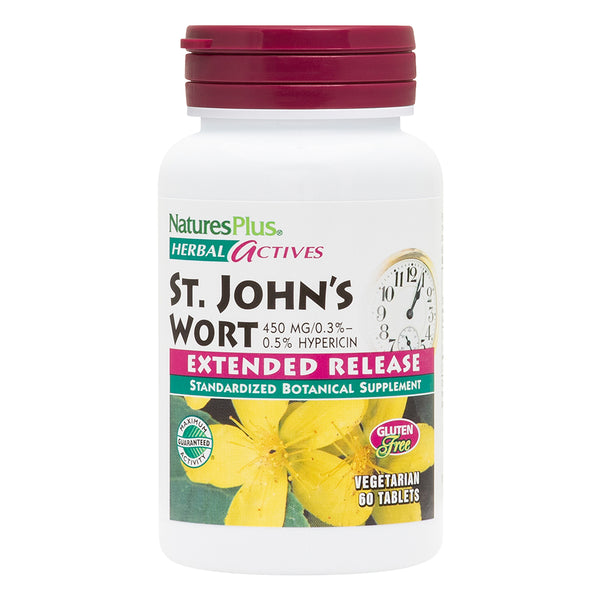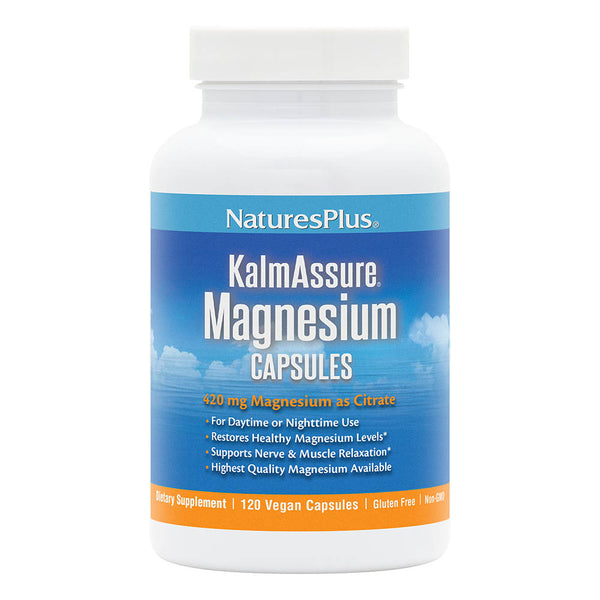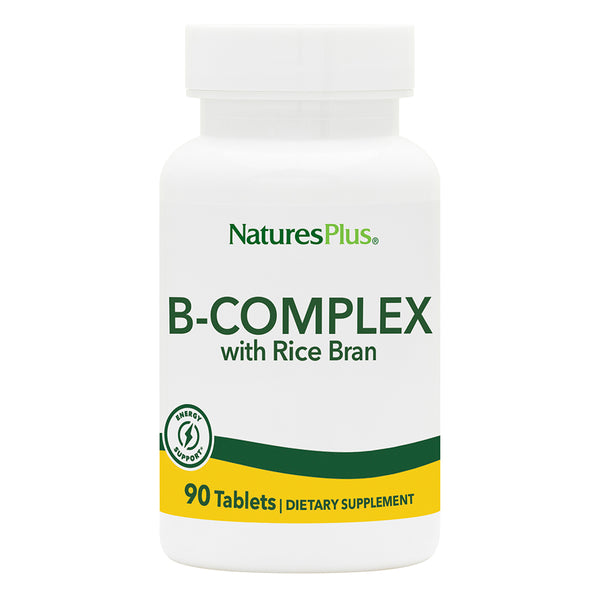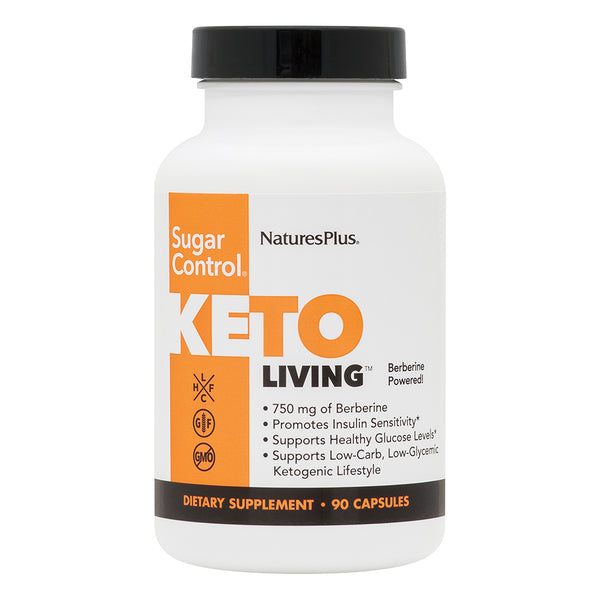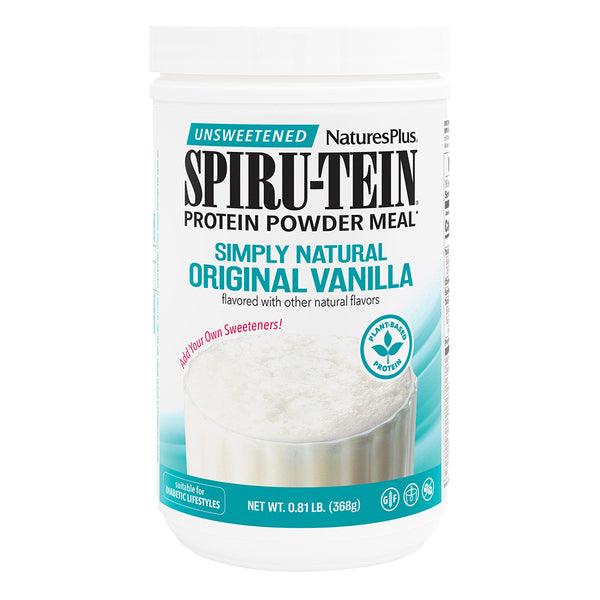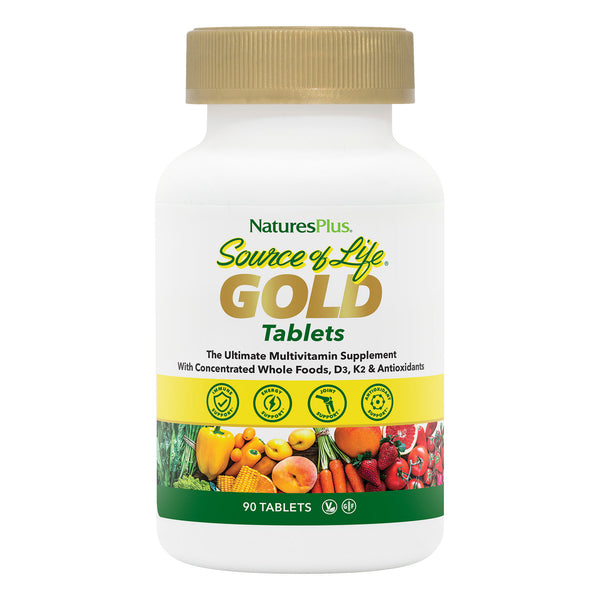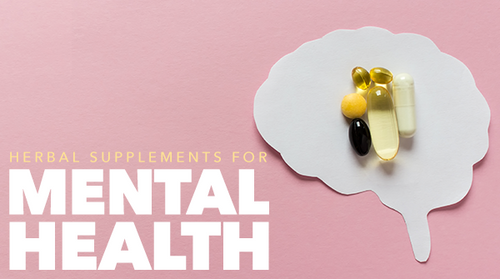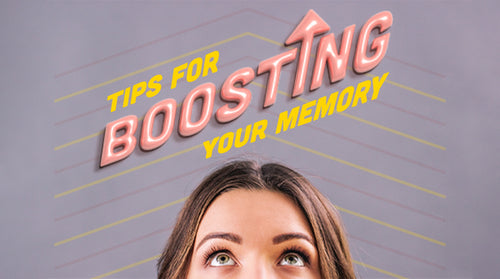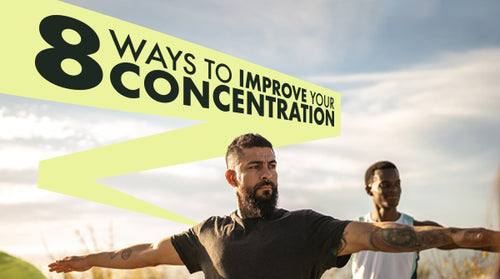Do you have friends you can laugh with in good times and who can pick you up when you’re feeling down?
Congratulations—you have discovered a key to keeping your mind active as you age.
“We often focus on finding the perfect partner and raising children, but the research shows that our brains really do benefit from having strong friendships,” says the brain training site NeuroNation.
Solid Connections Equal Better Brain Health
According to studies at Rush University in Chicago, people with strong friendships are not only less likely to develop Alzheimer’s but also tend to have better cognitive function even if they do suffer from AD.†The information provided is not an endorsement of any product, and is intended for educational purposes only. NaturesPlus does not provide medical advice and does not offer diagnosis of any conditions. Current research on this topic is not conclusive and further research may be needed in order to prove the benefits described. The conditions and symptoms described may be indicative of serious health problems, and therefore should be brought to the attention of a qualified healthcare practitioner.
Harvard researchers have found that when it comes to friends, the more the merrier: Individuals with no friendships were twice as likely to have cognition problems than those with five or six social ties.†The information provided is not an endorsement of any product, and is intended for educational purposes only. NaturesPlus does not provide medical advice and does not offer diagnosis of any conditions. Current research on this topic is not conclusive and further research may be needed in order to prove the benefits described. The conditions and symptoms described may be indicative of serious health problems, and therefore should be brought to the attention of a qualified healthcare practitioner.
And if you think the folks you keep up with through Facebook count, guess again.
According to the Mayo Clinic, “The use ofsocial networking sites doesn't necessarily translate to a larger offline network or closer offline relationships with network members.”
Sadly, many people don’t have the strong base of social support that helps protect brain health.
In one survey, only about half of the respondents reported being “very satisfied or completely satisfied” with the number of friends they had. Covid hasn’t helped: About a year after the pandemic started, 47% said they had “lost touch with at least a few friends.”
Fortunately, you can become more comfortable reaching out to others.
Here are some of the ways friendships help protect your brain along with tips for widening your social circle.
Healthy Friendships, Healthy Body
A healthy brain requires the support of a healthy body…and evidence suggests that healthy friendships can help.
Researchers have found links between being social and increased lifespan after a breast cancer diagnosis. And an Australian study team reported that “it is friends, rather than children or relatives, which confer most benefit to survival in later life.”†The information provided is not an endorsement of any product, and is intended for educational purposes only. NaturesPlus does not provide medical advice and does not offer diagnosis of any conditions. Current research on this topic is not conclusive and further research may be needed in order to prove the benefits described. The conditions and symptoms described may be indicative of serious health problems, and therefore should be brought to the attention of a qualified healthcare practitioner.
In fact, friendship has been found to be as important a factor in longer life as such well-known factors like not smoking and whether or not you exercise.†The information provided is not an endorsement of any product, and is intended for educational purposes only. NaturesPlus does not provide medical advice and does not offer diagnosis of any conditions. Current research on this topic is not conclusive and further research may be needed in order to prove the benefits described. The conditions and symptoms described may be indicative of serious health problems, and therefore should be brought to the attention of a qualified healthcare practitioner.
Speaking of exercise: “If you have fit friends, you are more likely to stay fit too,” says NeuroNation.
What’s more, NeuroNation notes that “leading an intellectually stimulating life may foster cognitive vitality. Friends often have common interests, stimulating mental engagement and encouraging quick thinking.”
Social Brains Are Resilient Brains
One way friendship appears to aid brainpower is by increasingresiliency, or the ability to recover nicely after setbacks.
“Neuroscientists often talk about‘cognitive reserve’; think of it as a savings account for the functionality of the brain,” explains Sarah McKay, MSc, PhD.
“Having a healthy social life naturally involves thinking, feeling, sensing, reasoning and intuition. These mentally stimulating activities build up our reserve of healthy brain cells and promote the formation of new connections between neurons.”
For example, many people find situations on the job (such as juggling too many tasks at a time) to be challenging. According to a Swedish study, people who felt socially supported at work were less likely to complain about cognitive deficits in the future.
“With friends nearby, the challenges ahead don’t look so tough,” says NeuroNation. “Friends help protect us against insomnia and burnout.”
Researchers have also found that friendship promotes resilience and protects brain health by giving you someone you can turn to when times get rough.
Friendships Promote a Sense of Belonging
A sense of being connected to others may also promote brain wellness.
Human beings are famously social animals, and feeling like you are part of a group helps improve your self-esteem. A sense of belonging also helps end off depression, which has been linked to cognitive decline.†The information provided is not an endorsement of any product, and is intended for educational purposes only. NaturesPlus does not provide medical advice and does not offer diagnosis of any conditions. Current research on this topic is not conclusive and further research may be needed in order to prove the benefits described. The conditions and symptoms described may be indicative of serious health problems, and therefore should be brought to the attention of a qualified healthcare practitioner.
It helps if your friends generally share a sunnier outlook on life.
As the authors of one study put it, “ Happy people tend to be located in the center of their local social networksand in large clusters of other happy people.”
Making—and Keeping—Friends
So how do you find new friends?
One thing to consider: “Quality counts more than quantity,” says the Mayo Clinic. “You may feel a greater sense of belonging and well-being by nurturing close, meaningful relationships.”
It also helps to keep in mind that friendship is a two-way street.
“When we're only thinking about having our needs met and we're not thinking about our friends' needs, then the relationship is probably unhealthy,” says psychologist Marisa Franco, PhD. “Showing up in moments of need is really important.”
As the Mayo Clinic puts it, “Think of friendship as an emotional bank account. Every act of kindness and every expression of gratitude are deposits into this account.”
Here are ways to establish connections with other people:
- Revitalize old friendships….If there’s someone you’d like to resume a connection with, “ask mutual friends or acquaintances to share the person's contact information” or to directly reintroduce you, suggests the Mayo Clinic.
- …and maintain existing ones.It’s often easier to stay in contact with someone you’re already friends with. Call with an invitation to chat over a cup of coffee. Another low-key way of staying connected: “Invite your friends to join your day-to-day tasks,” says Franco.
- Find a volunteer opportunity. The world is full of ways you can be of serviceand meet people who share your interests.
- Learn something new.Always wanted to know more about anything from photography to line dancing? Take a course or join a club; you’ll not only meet potential friends but will also keep your mind stimulated with new information.
- Peruse meetup.com.Not sure where to find clubs, classes and other gathering spots? Meetup might be able to help you.
- Be helpful.Is someone looking for a reliable mechanic or a great dentist? If you can genuinely make these kinds of recommendations, do so.
- Open up your home. Yes, this can be more challenging in a post-pandemic world..but it’s not impossible. Hosting regular gatherings—movie nights, card games, book clubs, what have you—”is a great way to check in with many friends in a consolidated time,” Franco says.
- Be persistent.The Mayo Clinic says, “Take the initiative rather than waiting for invitations to come your way—and keep trying.”
†The information provided is not an endorsement of any product, and is intended for educational purposes only. NaturesPlus does not provide medical advice and does not offer diagnosis of any conditions. Current research on this topic is not conclusive and further research may be needed in order to prove the benefits described. The conditions and symptoms described may be indicative of serious health problems, and therefore should be brought to the attention of a qualified healthcare practitioner.The information provided is not an endorsement of any product, and is intended for educational purposes only. NaturesPlus does not provide medical advice and does not offer diagnosis of any conditions. Current research on this topic is not conclusive and further research may be needed in order to prove the benefits described.
The conditions and symptoms described may be indicative of serious health problems, and therefore should be brought to the attention of a qualified healthcare practitioner.
Like this article? You’ll love our weekly newsletter
sign up here!
**These statements have not been evaluated by the Food and Drug Administration. This product is not intended to diagnose, treat, cure or prevent any disease.
